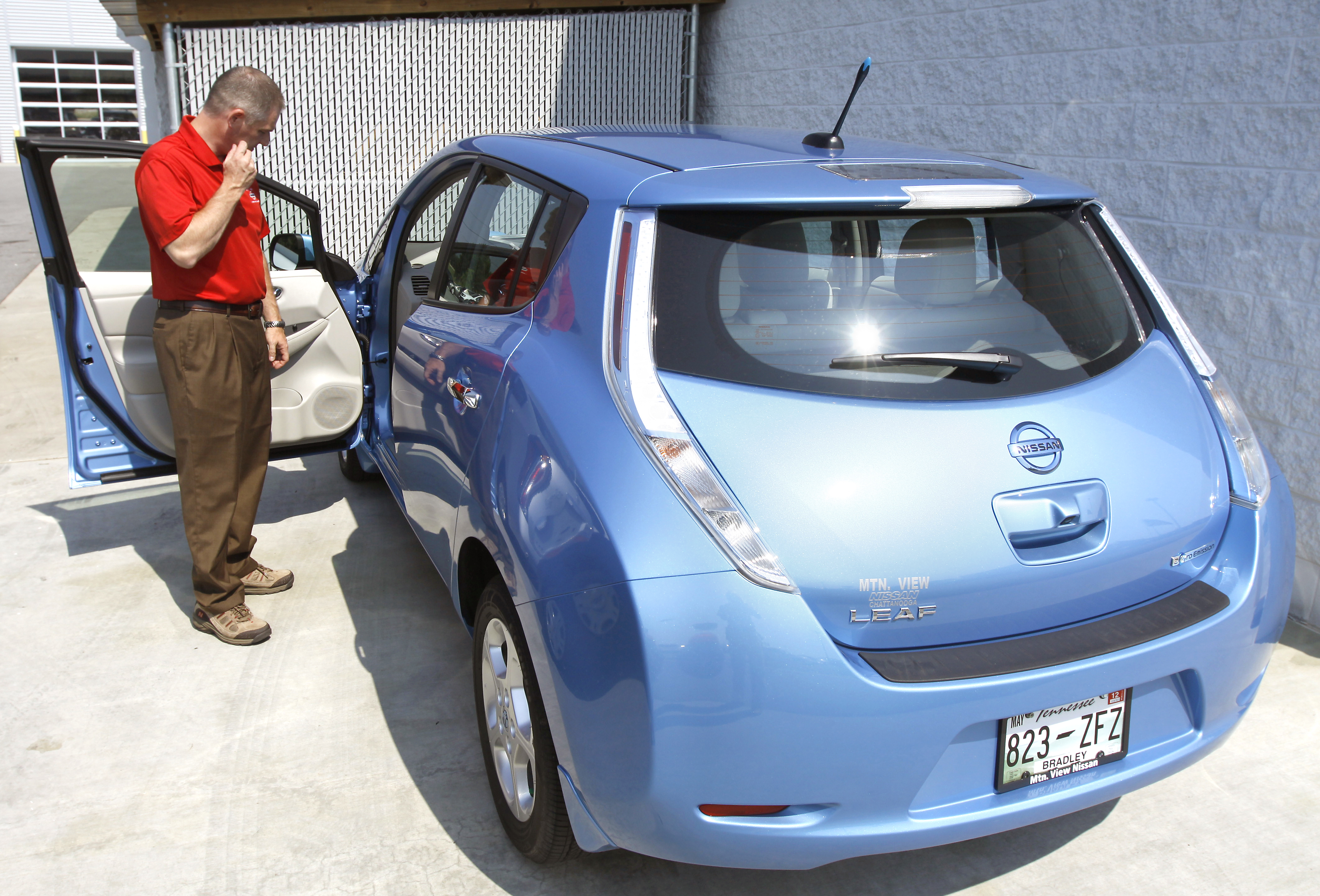It is unclear whether electric cars - which can be charged by plugging them in for a few hours - will be a success in the United States.
But it ought to be very clear that the question of whether or not electric cars succeed should be decided by the free-market choices of consumers, not by the meddling of the federal government.
The Times Free Press reported recently that money from the so-called "stimulus" will help fund the installation of dozens of electric vehicle chargers around the Chattanooga area. The $862 billion stimulus, approved almost exclusively by Democrats in Congress in 2009, has been a colossal waste of money, and the stimulus-funded chargers are one small example of that.
If there is strong demand for electric cars, then there will be a natural market incentive to install chargers for the vehicles. But if chargers are installed in large part because government provided the funds, then it's another case of Washington propping up one sector of the economy that it wants to promote - contrary to consumer choice.
And then there is the matter of government subsidies for the purchase of the electric cars. Makers of the vehicles recently said they'll need subsidies for years before electric cars can really compete with gas-powered vehicles. And some want to go further: At least one manufacturer of electric cars believes that the government-subsidized vehicles should have privileged use of certain lanes on highways, and that entry to busy downtown areas around the country should be restricted to electric cars. That's doubly unjust!
We need less, not more, government intervention in the car market.
